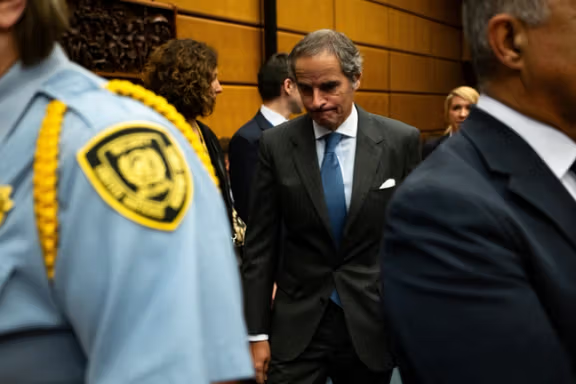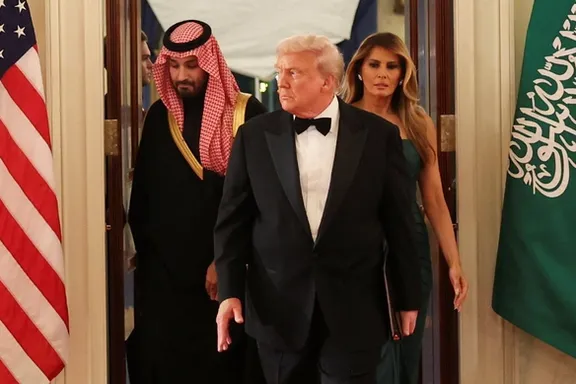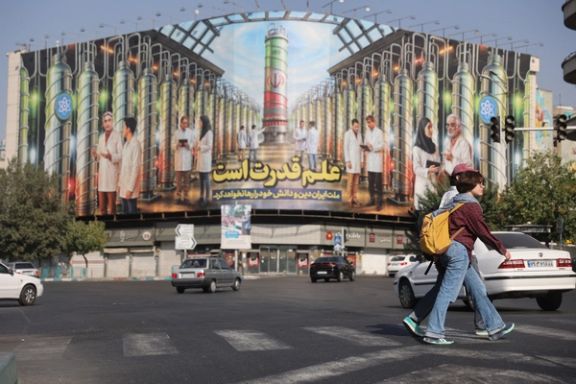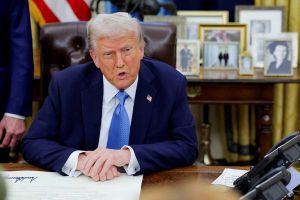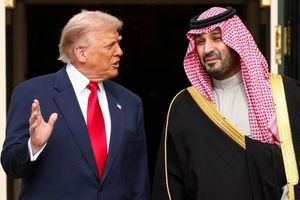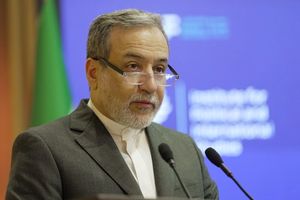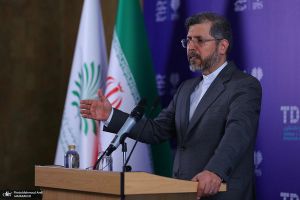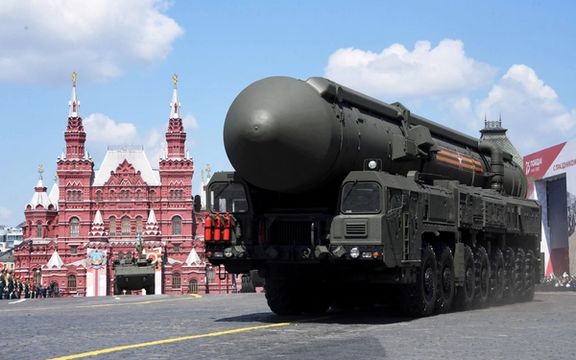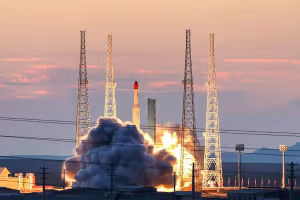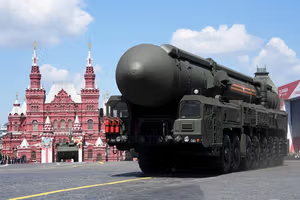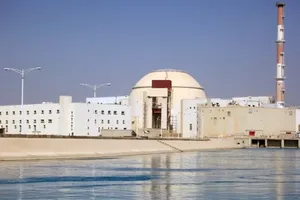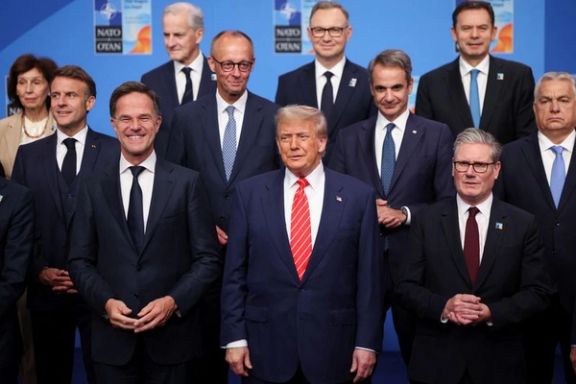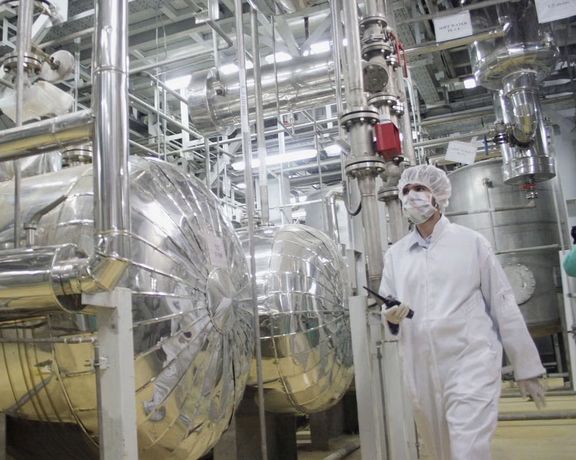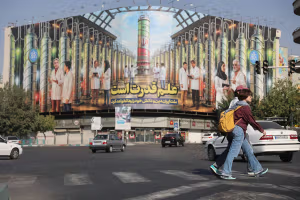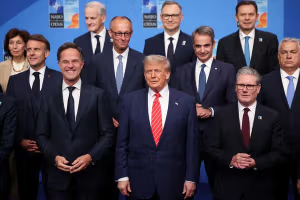Kamal Kharrazi said Tehran’s conditions for returning to the table remain unchanged since US and Israeli strikes on Iranian nuclear sites in June.
Kharrazi said any renewed dialogue must be conducted on equal footing and mutual respect, adding that Washington must show it is ready “to engage with us on the conditions that we put.”
He said an agenda would need to be prepared in advance to avoid ambiguity.
He argued that President Donald Trump “does not believe in diplomatic engagement but rather prefers to use force to achieve his objectives,” and insisted that enrichment would continue because Iran requires nuclear fuel for power and medical use.
Tehran’s expanding ballistic missile program, he added, will not be included in talks. “It is only the nuclear issue we will discuss with the United States,” he said.
Talks derailed by June strikes
The United States and Iran had been engaged in indirect discussions earlier this year when Israel launched a surprise attack in mid-June, prompting US airstrikes on three Iranian nuclear facilities.
Kharrazi said the extent of the damage has still not been fully assessed and cautioned that further confrontation remained possible. “Everything is possible. But we are ready for that,” he said.
Iranian officials told CNN this week that despite “serious damage to infrastructure, machineries and buildings,” the program remains “intact,” even though enrichment is not currently taking place due to the attacks.
During the summer contacts, Washington insisted Tehran halt all enrichment, while Iran maintained it would continue low-purity domestic production.
Kharrazi said limits on enrichment levels, rather than the activity itself, could form the basis of future negotiations. He added that a structured arrangement could allow Iran to continue enrichment while providing assurances it is not pursuing weapons.
Possible pathway via an enrichment consortium
According to a CNN report in June, the US had proposed joining a multinational consortium to oversee low-level enrichment inside Iran. Kharrazi said he believed an understanding could be reached on such a framework as long as Iran retains control over its fuel cycle.
“If there would be genuine negotiations,” he said, “there are ways and means how to ensure that Iran can continue its enrichment and at the same time assure the others that it's not going to look for nuclear weapons.”
He also urged Trump to shift tone: “Start with a positive approach with Iran. If it will be positive, certainly it will be reciprocated. But they have to refrain from any force against Iran.”
Trump told reporters on Tuesday that Iran “very badly” wants a deal and that talks were already underway.
Standing beside Saudi Crown Prince Mohammed bin Salman, he said: “I am totally open to it, and we're talking to them, and we start a process.”
He said his administration could have reached an agreement before the June war, “but that didn't work out,” while the crown prince said Riyadh would “do our best to help” Washington and Tehran reach a settlement.
